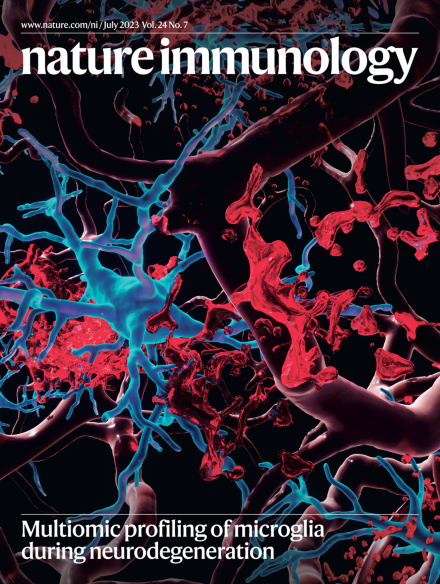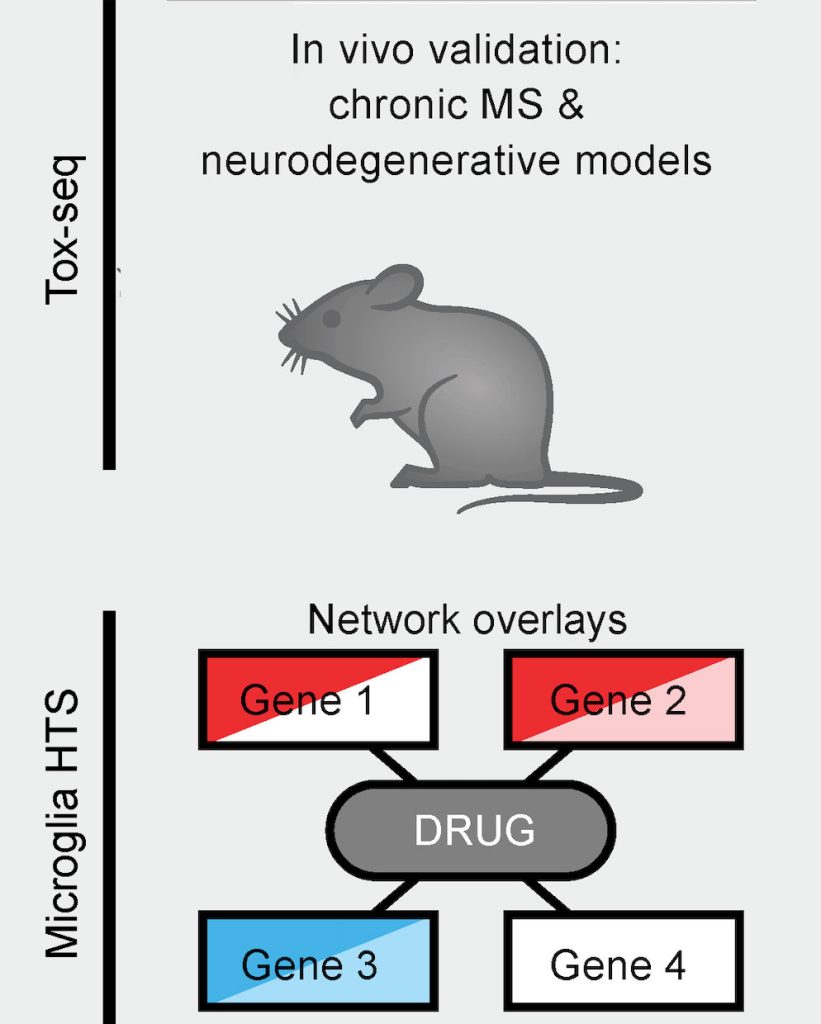Pioneer TFs have long been considered "undruggable" 💊 🧬 However, @scrippsresearch teams led by Ben Cravatt and @Michael_A_Erb have elegantly developed a first-in-class ligand for the pioneer TF FOXA1. In @MolecularCell, we commented on this groundbreaking work:…
📢Vessels aficionados📢The program of the #GRC_Angiogenesis2025 is up!! Fantastic speakers from different worlds- immunology, cancer, neuro, stem cells, etc- will tell us how vessels interact with their neighboring cells! Apply quickly! 20+ talks from selected abstracts! Link 👇
Pleased to present our new review article led by Alana Hoffmann, on the contribution of different CNS macrophage populations to myelin health, pathology & repair:
My pledge to you, the American people.
Congrats @MHartleyLab & @jeffreyhuang "National MS Society awards $4.6M to 5 projects on repairing myelin"
Funding Research to Restore MS Function | National MS Society
The National MS Society has committed funding for research on protecting & repairing the nervous system. Learn more ...
www.nationalmssociety.org
Our Commentary in @CellCellPress is out today! Amazing to co-author this paper with past and current @AkassoglouLab alumni
Pioneering discovery and therapeutics at the brain-vascular-immune interface: Cell https://www.cell.com/cell/fulltext/S0092-8674%2824%2901037-7
So excited about the 2025 Keystone Proximity-based Therapeutics Meeting program, co-organized by myself and Phil Chamberlain (@neomorphinc). The short talk and scholarship deadlines are coming up, so please submit your applications! #KSProxDrugs25
Fantastic work from my @UCSDPharm colleagues!
We're celebrating our lab's 1-year anniversary, capped off by outstanding poster presentations at the @UCSDPharm Retreat from Nyssa Williams and Alex Silva, both T32 funded grad students in the lab. Special congrats to Alex for winning a poster award!



